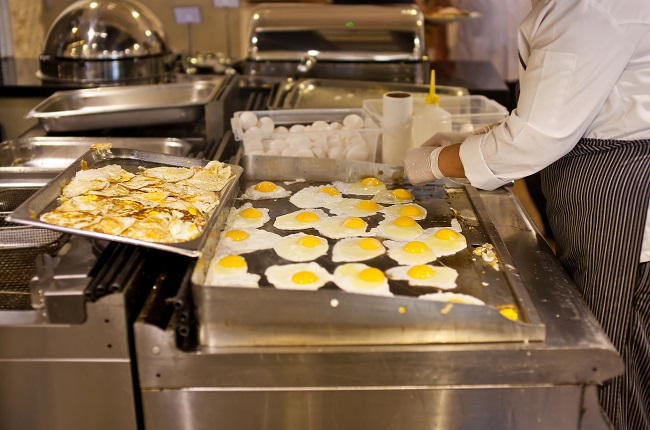How Might A Commercial Kitchen Benefit You?
Getting a food business off the ground is a significant undertaking. Many new business owners face the problem of legally producing their meals in a kitchen or commissary.
Building a facility might cost thousands of dollars, and negotiating a long-term lease on a kitchen can be risky business. While some restaurants have enough cooking time, scheduling and storage constraints sometimes limit their operations. None of them are good business ideas. How to establish a food business?
Consequently, commercial kitchens have grown in popularity in recent years and are an excellent choice for new culinary business owners. There are many advantages to utilizing a commercial kitchen in your business. Here are a few examples:

Low-Cost Prices
Compared to other possibilities, most commercial kitchens offer modest hourly or daily rates, particularly for newer or smaller firms on a tight budget. It provides schedule flexibility to ensure that you don’t waste money on time or space.
The Mood of the Town
When you work in a commercial kitchen, you become part of a culinary community that may help you achieve your professional goals. As your company grows, you’ll need to establish contacts in the industry and your neighborhood, and doing so via networking may be pretty beneficial.
Peace Of Mind
Having a licensed and insured commercial kitchen might give you peace of mind that a health inspector won’t shut you down.
Having a business license, food liability insurance, and food handling training ensures that you’ll be operating in a shared kitchen with other legitimate enterprises. Your firm may be safe from the consequences of another dangerous business venture.
Professional Equipment Encompasses Professional Products.
Professional equipment, like high-quality ingredients, delivers a wonderful result. While you may want to conserve money in other parts of your organization, you only have one shot to wow a consumer with your goods. If you do it well, customers will not only return but also spread the word about your company, helping it grow.
Enhanced Learning
Additional tools and instruction are available in many shared kitchens, such as food safety training and mentorship, accounting classes, and access to sourcing and sales possibilities.
To learn more about how a commercial kitchen benefits you or reserve your space today, visit us at The Cookline.
